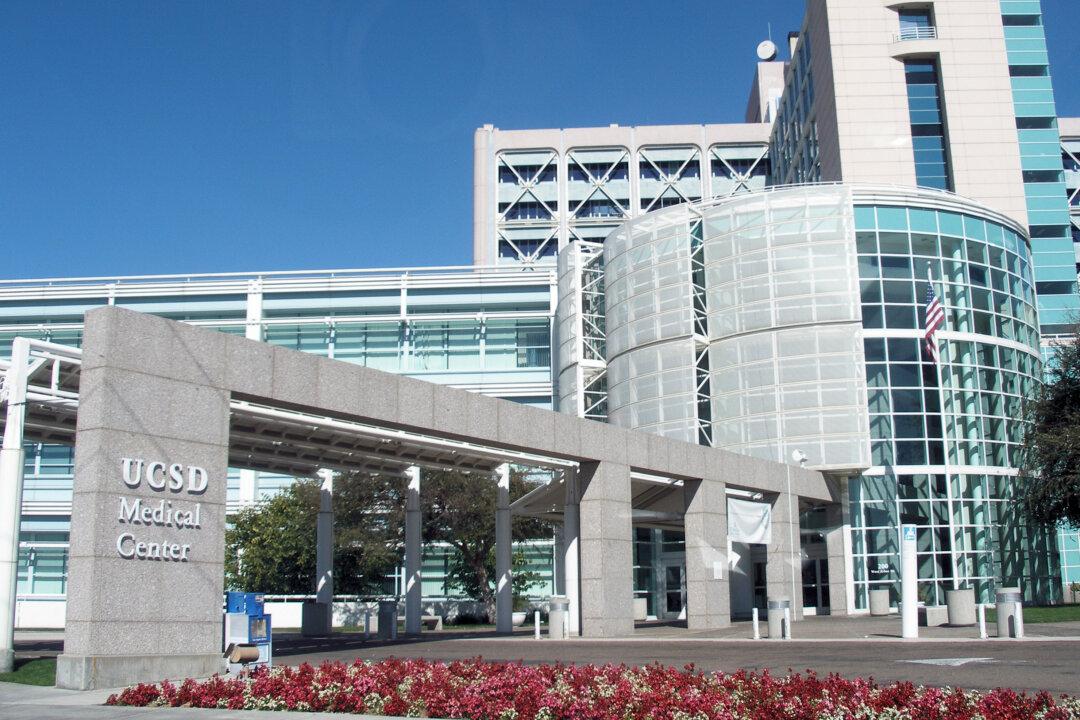A prominent eye doctor has resigned from the University of California–San Diego (UCSD), amid scrutiny of his ties to a Chinese recruitment program that has drawn concern in Washington about its role in enabling technology transfer to China from the United States.
Kang Zhang, 56, the former chief of eye genetics at the UCSD Shiley Eye Institute, is a member of the Thousand Talents Program, the San Diego-based nonprofit news organization inewsource reported on July 6.





